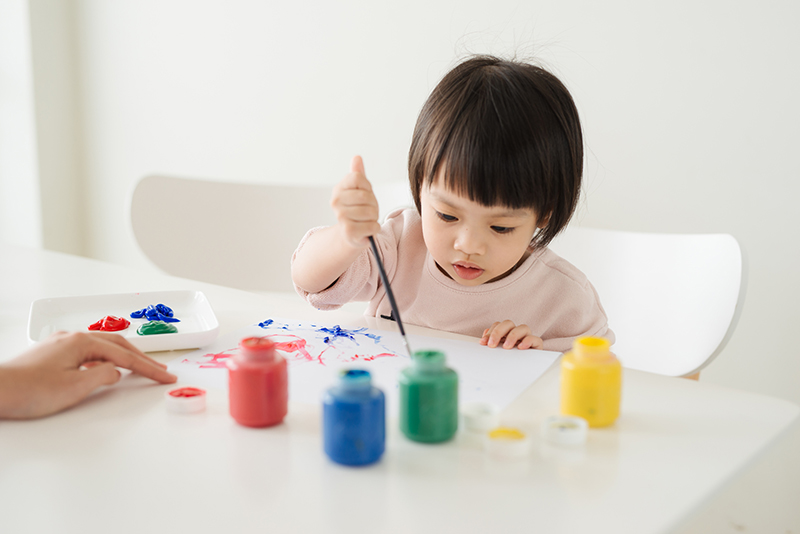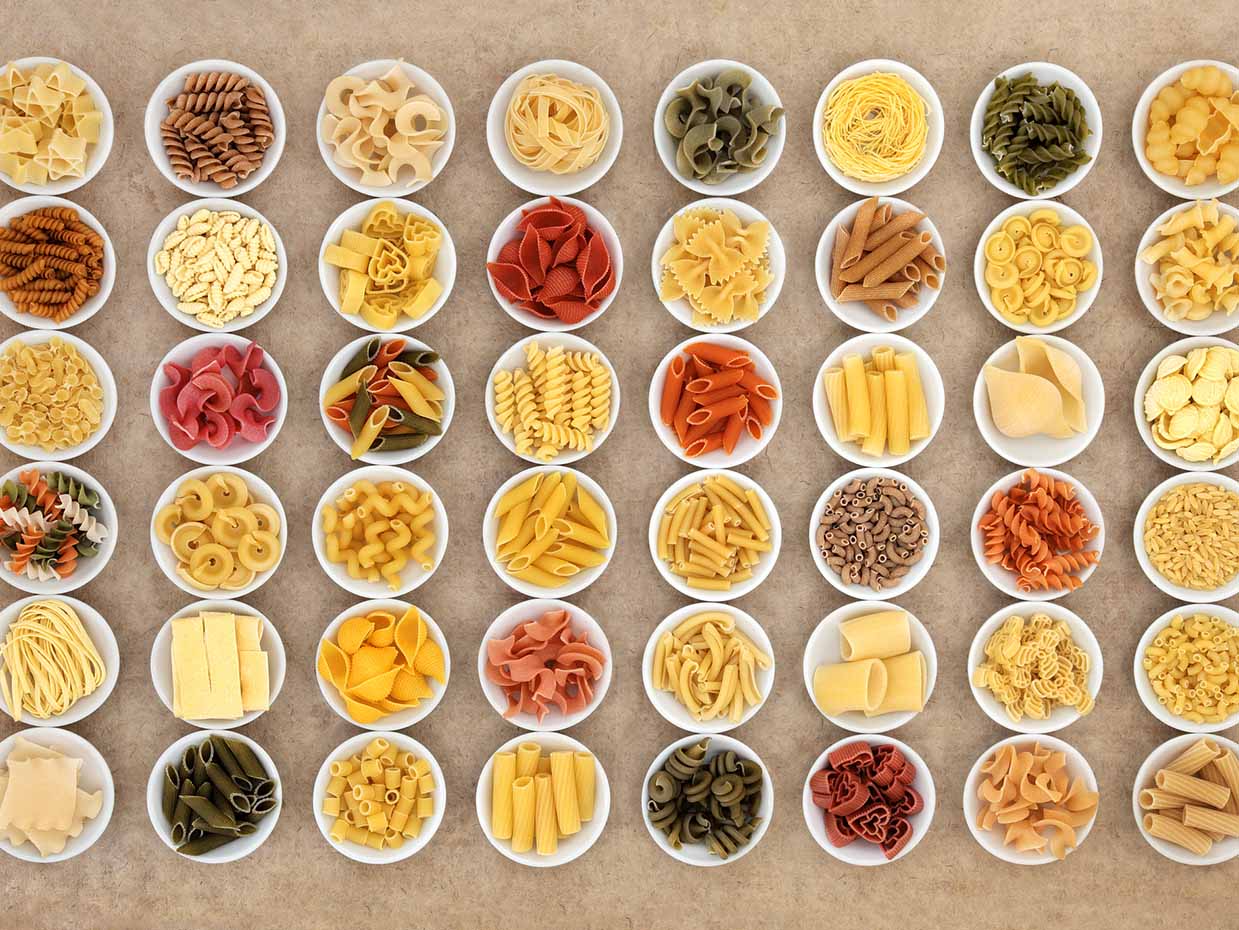Families For Life | Preschoolers at Play

Playing is how pre-schoolers learn, experiment and solve problems. In fact, play is vital for overall development and wellbeing. Pre-schoolers love to play with parents and other children, and playing with others teaches them about social relations, sharing and taking turns. Here are some fun play ideas and games for pre-schoolers.
Play and games for pre-schoolers: what to expect
Generally, pre-schoolers love:
dramatic and pretend play: pre-schoolers use games like dress-ups to act out confusing or scary scenarios, try out different roles like being a mum or a dad, and explore emotions.
messy play: play with paints, water or sand is a great outlet for children’s emotions.
physical play: climbing over playground equipment teaches pre-schoolers about coordination and balance, and how far they can push their physical abilities.
songs, books, riddles and silly rhymes: it’s great fun to share these with your pre-schooler because you’ll get to see the funny side of her personality, and they also improve your child’s language and vocabulary.
sorting games: activities like sorting blocks, buttons or beads can improve language and lay the groundwork for maths and numeracy skills – just make sure to pack away small objects after play to avoid choking hazards.
simple board games: these kinds of games give pre-schoolers a chance to learn about taking turns, following the rules, counting and being a good sport. Although turn-taking can be a challenge for children, with practice your child can learn to enjoy this type of play.
Many pre-schoolers enjoy rough-and-tumble play and the opportunities it gives them to test out strength, space and social relationships. But play is meant to be fun – if a child is being bullied, forced or hurt, it isn’t play anymore.
Pre-schooler play and games with others
By four years, your child will be much more interested in playing with other children and making up games together. He might be better at sharing and taking turns, but he’ll still need your support and encouragement.
At five years, children are much more aware of their place in the world and are keen to fit in. As a general rule, your child wants to follow the rules at home and at pre-school or school. She might even like to be part of making the rules.
Most pre-schoolers understand that other people have feelings too, and are beginning to develop empathy.
Family and home are still at the centre of your child’s world, and you’re still the most important person in your pre-schooler’s life. That’s why play with you is still very high on the list of things your child wants and needs to do.
Play ideas and games for pre-schoolers
All children are unique. They all have their own interests and ways they learn best. What one child might enjoy, another child might not. That’s why it’s important to follow your child’s interests when it comes to games for pre-schoolers. You can play along with your pre-schooler, just in a more supportive role.
Here are some play ideas to get you and your pre-schooler going:
Give your child a cardboard box. Your child’s imagination can turn it into a playhouse, a boat or a car. A small table turned on its side covered with a blanket or sheet can also be just as good.
Put together a dress-up box of old clothes, shoes, handbags and other odds and ends: an eye patch transforms your child into a pirate. A towel makes a superhero. Both boys and girls have a lot of fun playing dress-ups.
Introduce new challenges. By four and five years, your child might want to try activities like bicycle-riding and board games.
Talk with your child while you’re cooking dinner or doing the shopping. Let your child help by measuring, stirring or thinking up a list to things to buy at the shops.
Try cooking with your child: pre-schoolers usually love helping with things like layering sandwiches or mashing things. Cooking can also be a great way to introduce your child to basic maths and numeracy concepts.
Sort blocks or other objects by colour, size or texture (smooth, soft, hard or rough). This can be fascinating play for young children.
Other playthings include playdough, sand, plastic containers or any household boxes with lids, plastic eating utensils, kitchen pots and pans (with smooth edges), Duplo, simple puzzles, jigsaws and coloured blocks.
Video: Play and learning with preschoolers (3-5 years)
Watch this video and learn tips on how to engage and play with your preschooler.
© raisingchildren.net.au, translated and adapted with permission
Explore more

DID YOU KNOW?
Playing with pasta pieces, especially macaroni, can be an excellent way to boost your child's acquisition of fine motor skills!
READ MORE